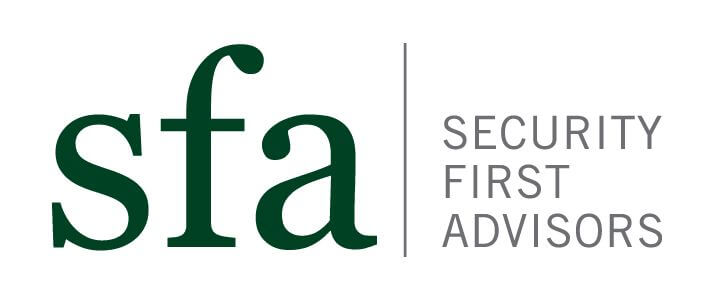When it comes to an economist’s view of inflation, it has historically been assigned a type of bird. Doves are used to describe economists that aren’t too concerned about inflation in the near term and therefore are supportive of more accommodative economic policies. Hawks are used to describe economists that are concerned about inflation and therefore want to cool economic policies.
The current group of economists on the Federal Open Market Committee, the monetary policy setting group part of the Federal Reserve, are considered to be a flock of doves. They aren’t too concerned about inflation and, the truth is that they have good reasons not to be concerned. Both the December and January report of U.S. inflation indicated that prices have dropped in those months. Lower oil and gas prices and a stronger dollar (which makes it easier to buy imported goods) have been the major contributors to declining inflation and inflation expectations.
Yet the Fed has been extraordinarily accommodative with its interest rate and monetary policy for the last six years and some economists are (and have been) concerned that this easy money policy will cause a spike in inflation. While the Fed reduced some of its accommodative policies when it stopped buying bonds last year, it still is holding interest rates fairly close to zero.
The next move for the Fed is to start increasing short term interest rates (i.e., Fed Funds Rate) and last week we received some insight on when it could happen. First off, the Fed confirmed that it won’t increase rates at its April meeting.
While many investors anticipated and were planning for a rate hike in June, the list of concerns that the Fed is focused on is still quite long. And, they updated some of their key economic assumptions to suggest that continued accommodation is still required. By year end, the consensus at the Fed is short term interest rates will increase to around the 0.5% and 0.75% range.
We will continue to stay up-to-date on the Fed’s expectations and policies. As always, if you have any questions or concerns, please call.
